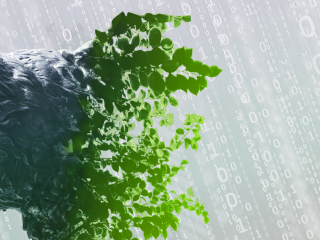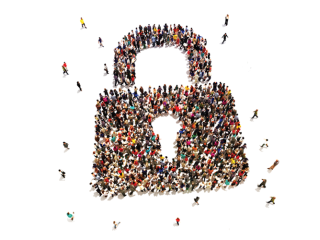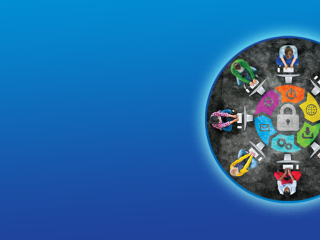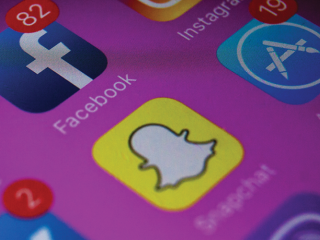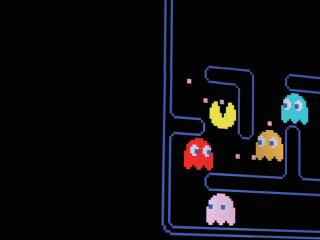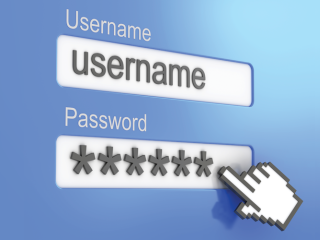Security Best Practices
Guidelines for faculty and staff members to help facilitate remote work securely
A good digital spring cleaning can help keep your devices and information safe and secure year-round. Here are some tips for a digital spring cleaning.
The Internet is a very powerful and useful tool when used properly. Find out how to be a good cybercitizen.
Ransomware a form of software specifically designed to disrupt, damage, or gain unauthorized access to a computer system. This malicious software then encrypts users’ files or locks their operating systems, rendering them unusable until a ransom is paid. Cyber criminals then demand large sums of money in exchange for decryption and restored access.
Have you ever wondered who, besides your friends and family, might be seeing that strange selfie you posted on Facebook? Or who knows about your upcoming vacation to London? As much as social media sites try to keep your online information secure, there are no guarantees that your posts are completely private...
With the number of social media apps and users increasing rapidly, we want to share some tips to help you manage your online reputation. Please keep this advice in mind when sharing online...
What can you do if, despite your best efforts, your account is hacked? And how would you know if it’s been hacked? Look for these signs...
As hackers become more sophisticated, passwords become less effective. Many organizations—including UCLA—now offer multi-factor authentication (MFA), which relies on additional credentials besides your password. But what do you do if a site does not offer MFA, and a password is the only safeguard between your personal information and the criminal underworld?...
Find tips that illustrate effective theft-prevention techniques and proactive measures to protect your devices and personal data...


